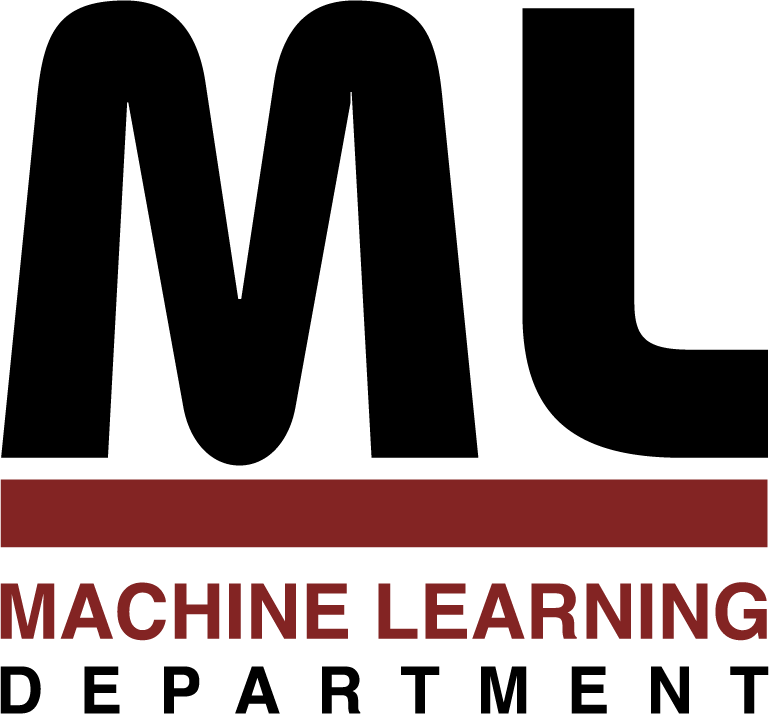
Machine Learning Department
School of Computer Science, Carnegie Mellon University
Learning Large-Scale Conditional Random Fields
Joseph K. Bradley
January 2013
Ph.D. Thesis
In the first part of our work, we develop core methods for CRF parameter and structure learning. For parameter learning, we analyze several methods and produce PAC learnability results for certain classes of CRFs. Structured composite likelihood estimation proves particularly successful in both theory and practice, and our results offer guidance for optimizing estimator structure. For structure learning, we develop a maximum-weight spanning tree-based method which outperforms other methods for recovering tree CRFs. In the second part of our work, we take advantage of the growing availability of parallel platforms to speed up regression, a key component of our CRF learning methods. Our Shotgun algorithm for parallel regression can achieve near-linear speedups, and extensive experiments show it to be one of the fastest methods for sparse regression.
147 pages
School of Computer Science